Recent social movements and an increasingly divisive political climate have propelled civil rights and anti-discrimination lawyers into the headlines. Lawyers who practice in this area protect the rights owed to citizens under the federal and state constitutions and other relevant laws, like the Civil Rights Act of 1964 or the Americans with Disabilities Act (ADA). These lawyers frequently represent clients in race, gender, sexual preference, disability, and religion discrimination matters. Many times, these lawyers represent clients in issues that relate to race, gender, sexual preference, disability, and religion discrimination. To that end, this specialty overlaps with labor and employment law. However, civil rights and anti-discrimination lawyers also tackle a variety of other issues–ranging from police and prosecutor misconduct, false arrest, and jail and prison conditions, to the effect of voting rights legislation and first amendment violations.
Most civil rights and anti-discrimination lawyers work in civil litigation or legislation and lobbying. However, there is opportunity for transactional lawyers, such as by working in community business development to support economic justice.
Because of the focus on the individual in terms of whether their rights were violated, civil rights and anti-discrimination lawyers often work in a solo law firm, small to mid-sized law firms, or specialty boutique firms. Large law firms tend to represent those accused of violating civil rights or anti-discrimination principles.
There are also employment opportunities in the public sector in federal and state agencies, including the Department of Education and the Equal Employment Opportunity Commission (or their state analogs). Interested students may consider the Department of Justice Honors Programs or the equivalent in other agencies.
Civil rights and anti-discrimination lawyers may also find job opportunities in the non-profit sector with public interest litigation groups, which again exist at both the federal and state levels. Organizations like the American Civil Liberties Union or the NAACP Legal Defense and Educational Fund, Inc. often hire entry-level attorneys through competitive fellowships, such as the Skadden or Equal Justice Works fellowships.
Courses
Courses designated as "primary" are foundational, while those listed as "secondary" contain relevant and related content. "Co-curricular" courses are credit-bearing extra-curricular activities, while "experiential" courses are practice-based offerings. Please keep in mind that the focus of any course will vary depending on the instructor.
Primary Courses
Secondary Courses
Experiential Courses
Faculty
The following faculty are knowledgeable about the topic and may be a useful resource for you.
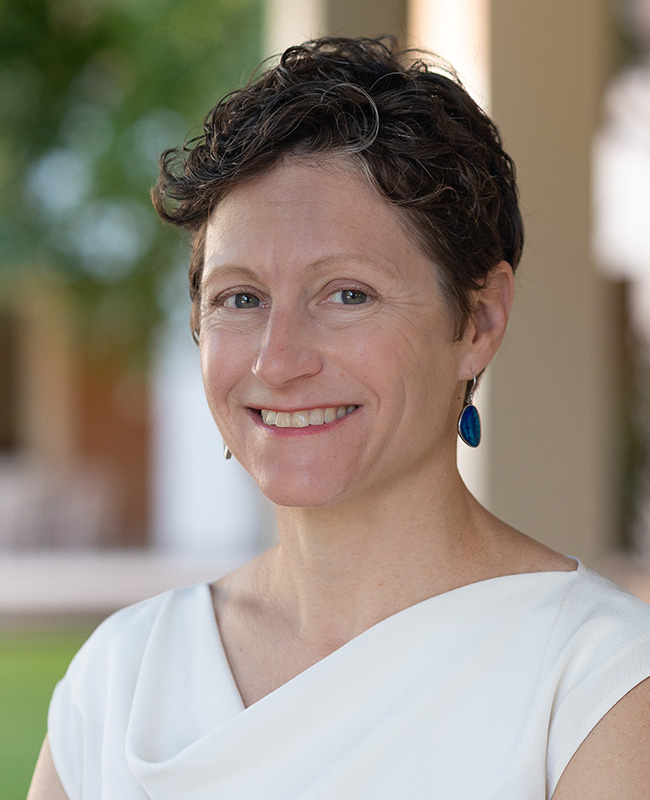
Associate Professor of Law
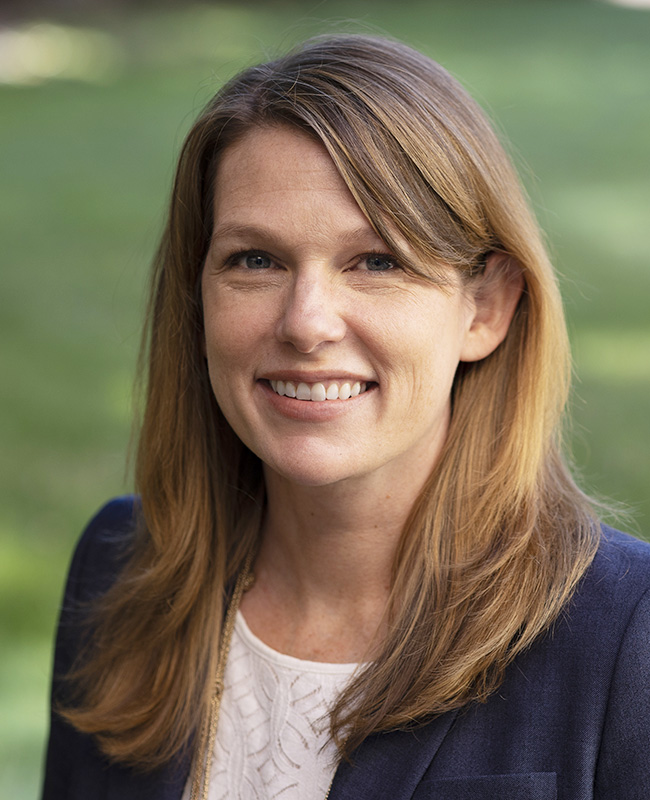
Professor of Law
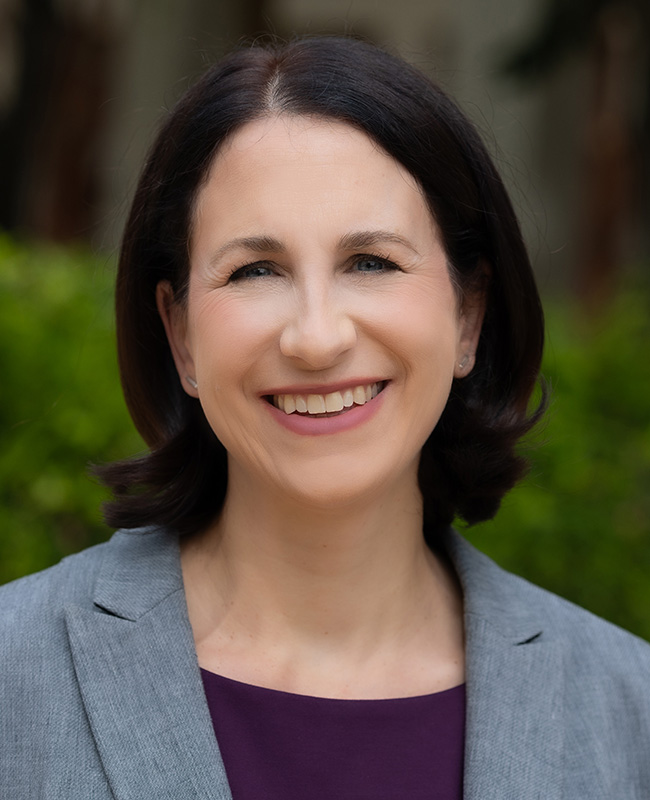
Professor of Law
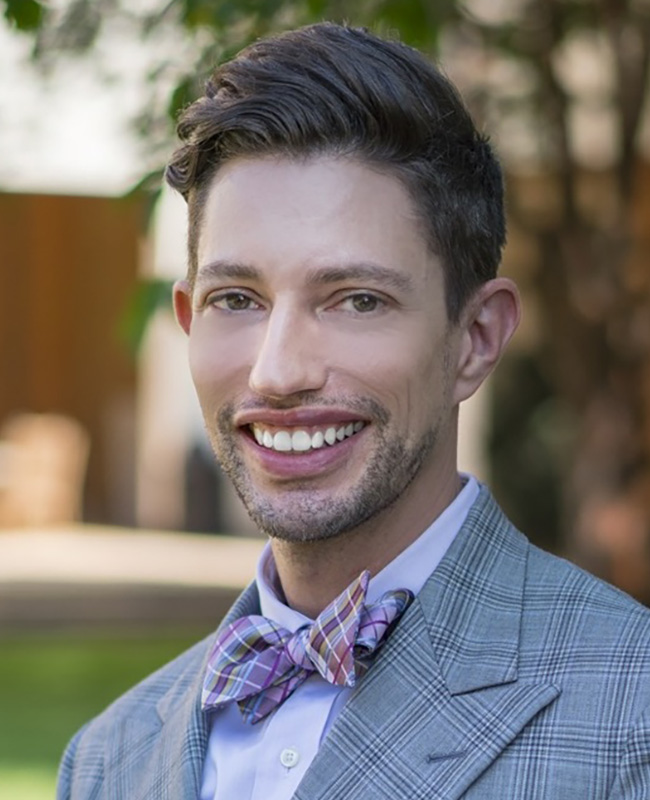
Professor of Law

Associate Dean for Experiential Learning
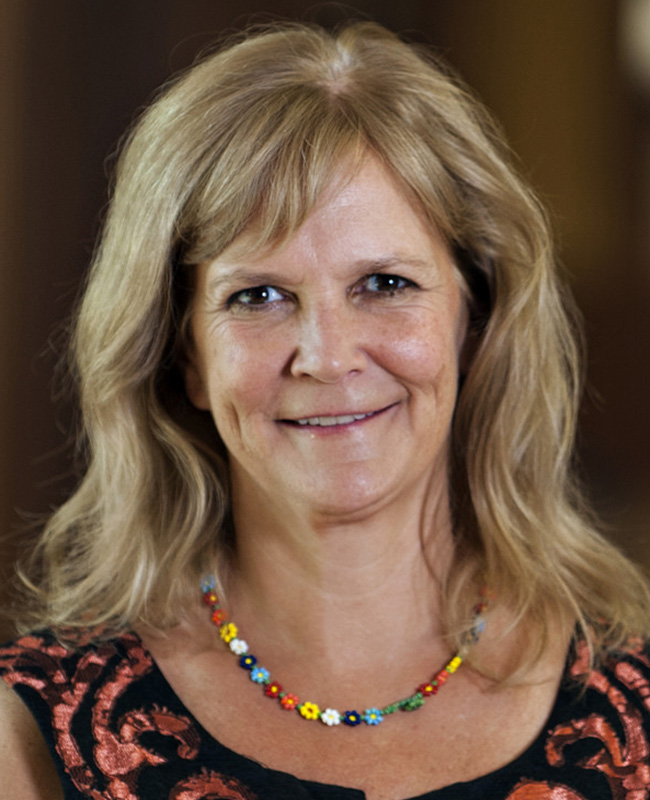
Research Professor of Law
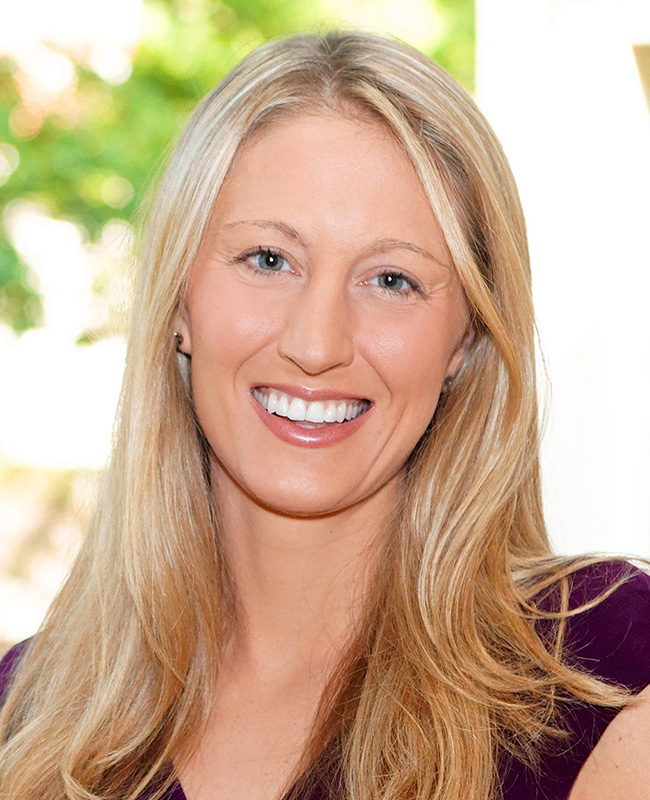
Professor of Law

Clinical Professor of Law
Related Pathways

Labor and Employment Law

Civil Litigation
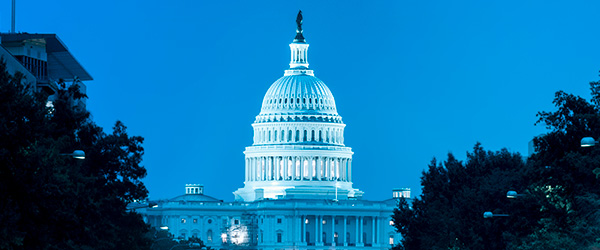
Legislation and Lobbying

Transactional
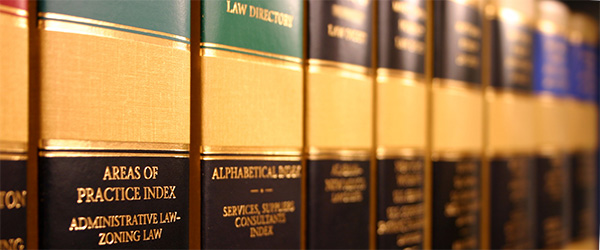
Law Firm

